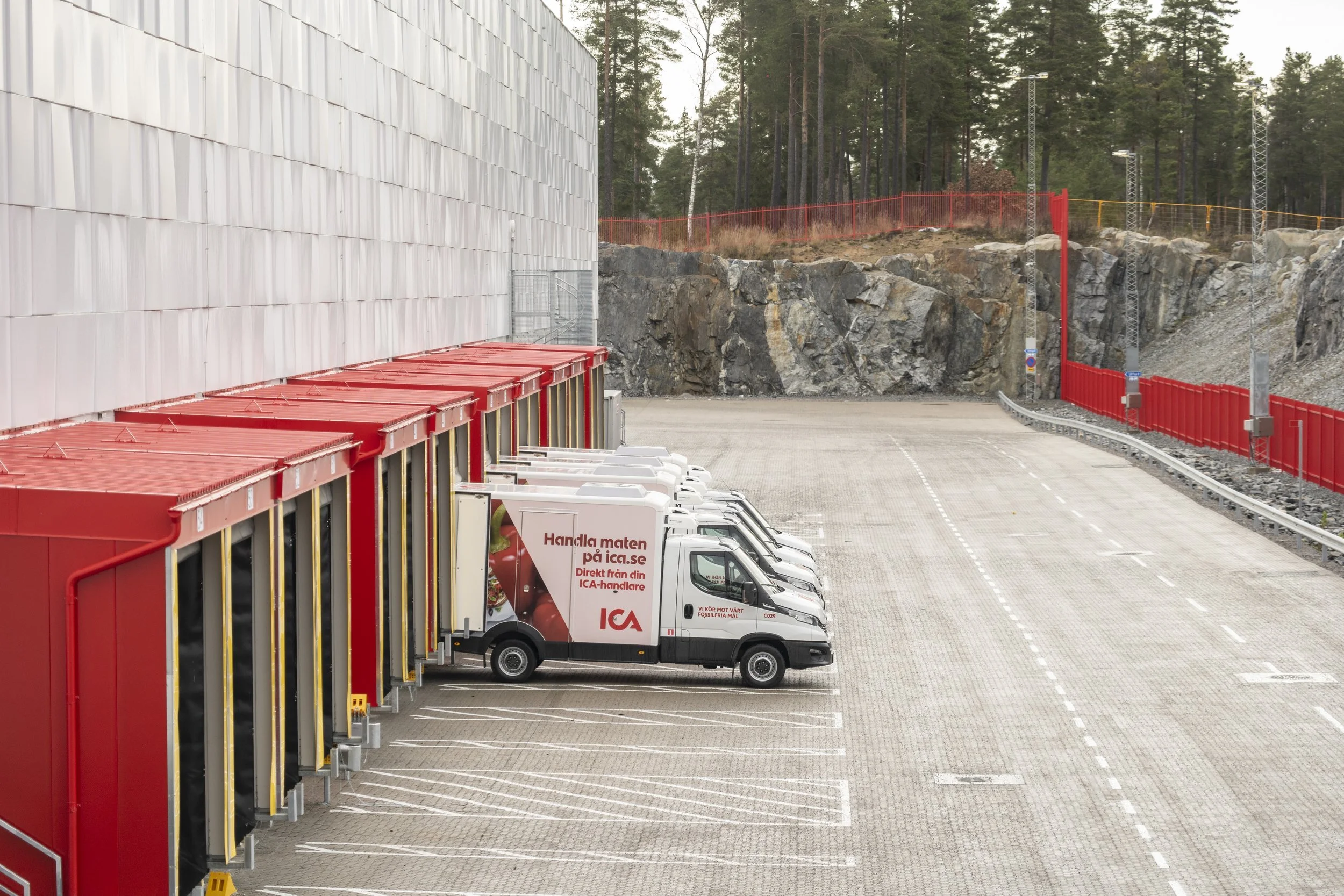The 10 years of Per Strömberg as the CEO of ICA
This year marks the 10th anniversary of Per Strömberg as the CEO of ICA, the biggest grocer in Sweden. Mr Strömberg came to ICA from the position of the CEO of the Läntmännen Group. He had made a career in the grocery supplier sector before joining ICA.
10 years of mr Strömberg at ICA
During these ten years, ICA has changed rather significantly. The company has grown, but also divested some non-core assets from the business. The leading Swedish grocery media Dagligvarunytt published an extensive interview with mr Strömberg (the article is behind a paywall). The interview reviews the most important events of mr Strömberg’s tenure.
From non-core divestments to building growth
The first major event of Per Strömberg’s career at ICA was the independence from Royal Ahold. In 2013 the Dutch grocery giant sold off it’s stake from ICA after a 13 year stint as the owner and thus ICA turned into ICA Gruppen and listed in the Stockholm stock exchange.
During the first years, ICA Gruppen focused on cutting out the non-core parts of the business. First divestment was the exit from the Norwegian operations, which had been unprofitable for years. In the Dagligavrunytt interview Per Strlmberg states that the Norwegian operations generated around half a billion Swedish krone of losses per year. Other non-core business that were sold were Cervera (2015), InkClub (2016) and Hemtex (2019).
In terms of building growth, the first concrete action was the acquisition of the pharmacy business in 2014 for 5,7 billion SEK. Hjärtat has become an important part of the overall ICA business. Unlike the other non-grocery business that were sold off, the pharmacy complements the grocery business quite well. Both have a focus on health & well being and have some products that are sold in both channels.
Another significant investment area during the time of Per Strömberg has been the ecommerce. A couple of years after mr Strömberg became the CEO, the pure play online grocer Mathem started to gain traction in the Stockholm region (traditionally the weakest area for ICA). This lead ICA to start focusing more on the online channel.
In 2018 ICA made the bold investment to bet on the (semi)automated warehouses built by the British online grocer Ocado. The collaboration with Ocado is costly (initial investment was told to be 100 M€).
The first full scale warehouse in the Stockholm region was opened just before last Christmas. It will be interesting to see fast ICA can get the warehouse operating at full capacity. ICA and Per Strömberg will be the forerunners in the Swedish online grocery business.
The pandemic and withdrawal from the stock market
ICA was one of the big winners during the pandemic, partly because of the rapid scale up of the online grocery business. During the height of the pandemic ICA grabbed market share from its main competitors, especially with the Maxi hypermarkets.
However, after the pandemic ICA has been succeeding less stellarly with the competition. During the last year the company has been losing market share, especially to the Willy’s chain from Axfood.
This was probably one reason why the ICA traders decided to buy the company and take it out from the stock market. This will most probably give the company a lot more freedom to operate as well as giving the traders more flexibility in the operations. As there will be one less stakeholder to please, ICA might also be able to push prices down and become more competitive in the tightening market.
The “ICA idea” driving the company forward for the 100 years
Despite the recent market share losses, ICA is the clear market leader in Sweden. It has major advantages over some of it’s rivals. In past interviews Mr. Strömberg has emphasised the importance of the previous 100 years of ICA and that he is building ICA to succeed in the next 100 years.
ICA clearly is stronger today than it was 10 years ago, when Per Strömberg became the CEO. He clearly sees that the “ICA idea” of independent merchants selling within the ICA umbrella is a value proposition for the future also.
“The ICA idea is our absolute success factor because it is about the entrepreneurship and economies of scale within the system.”





